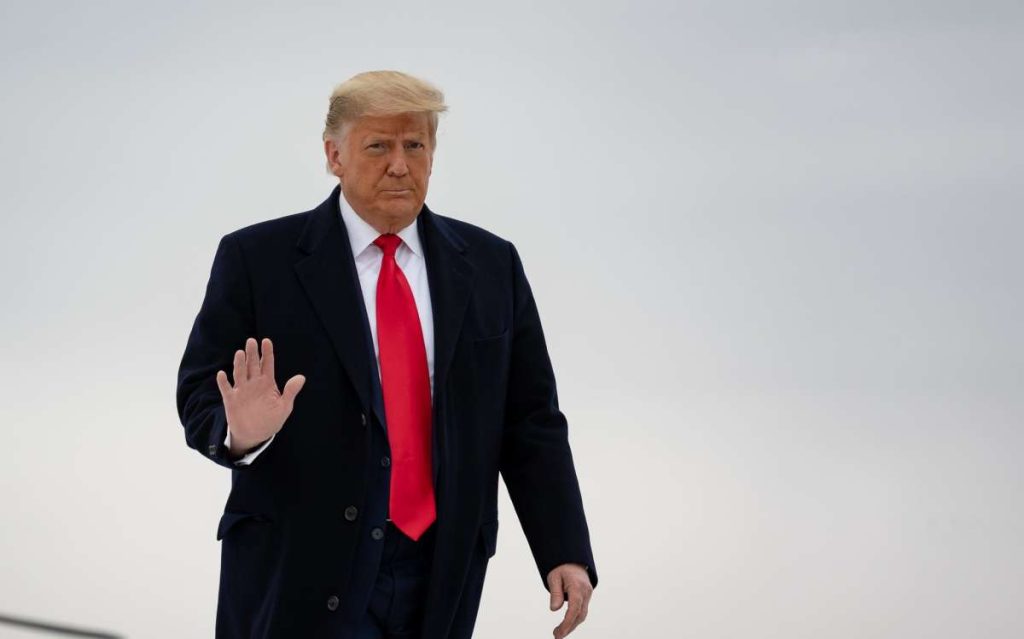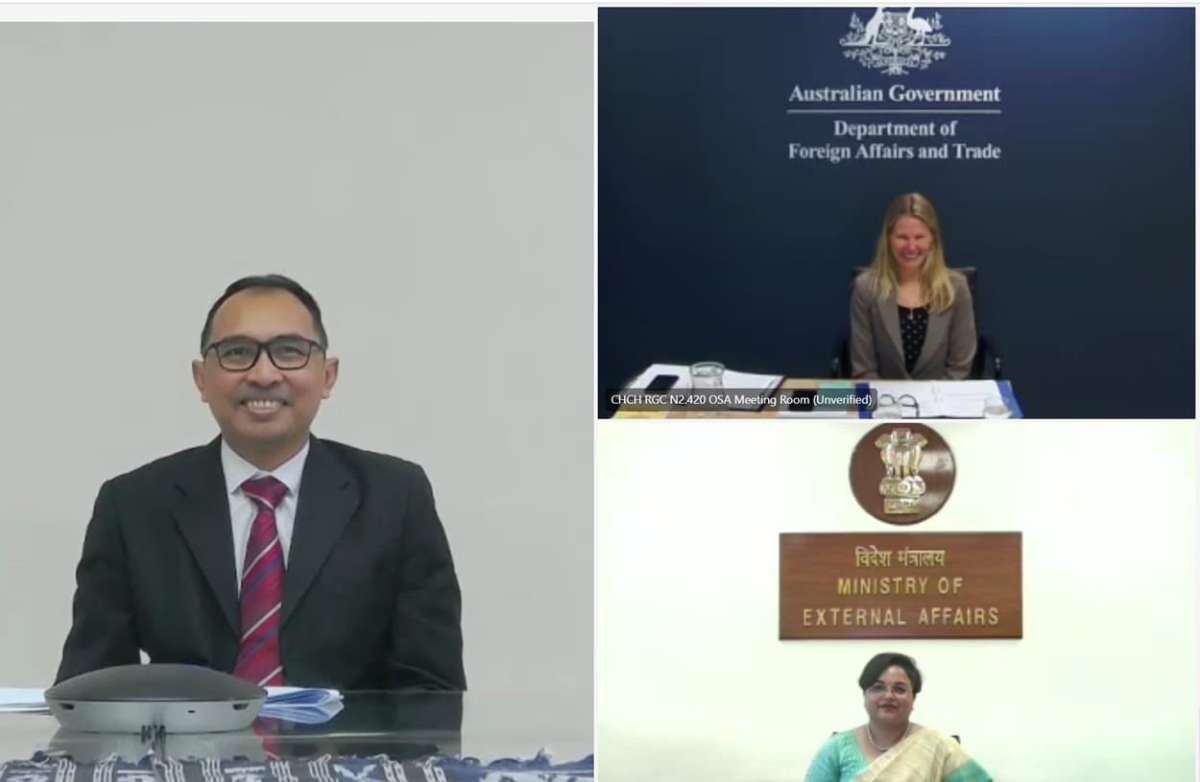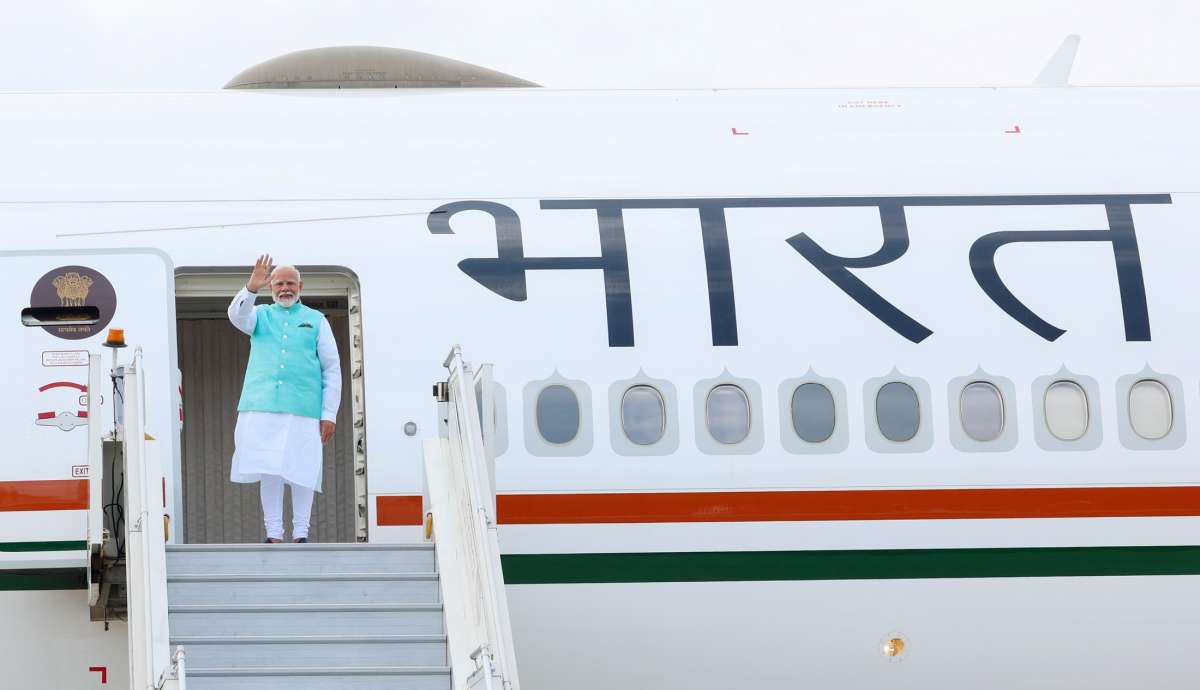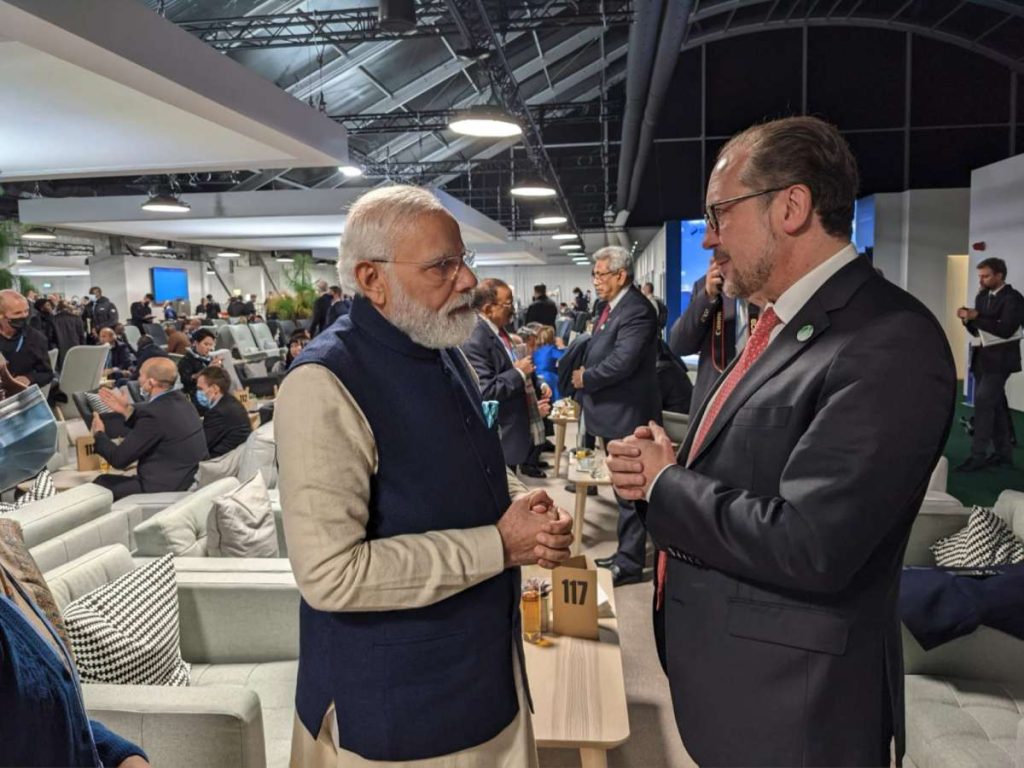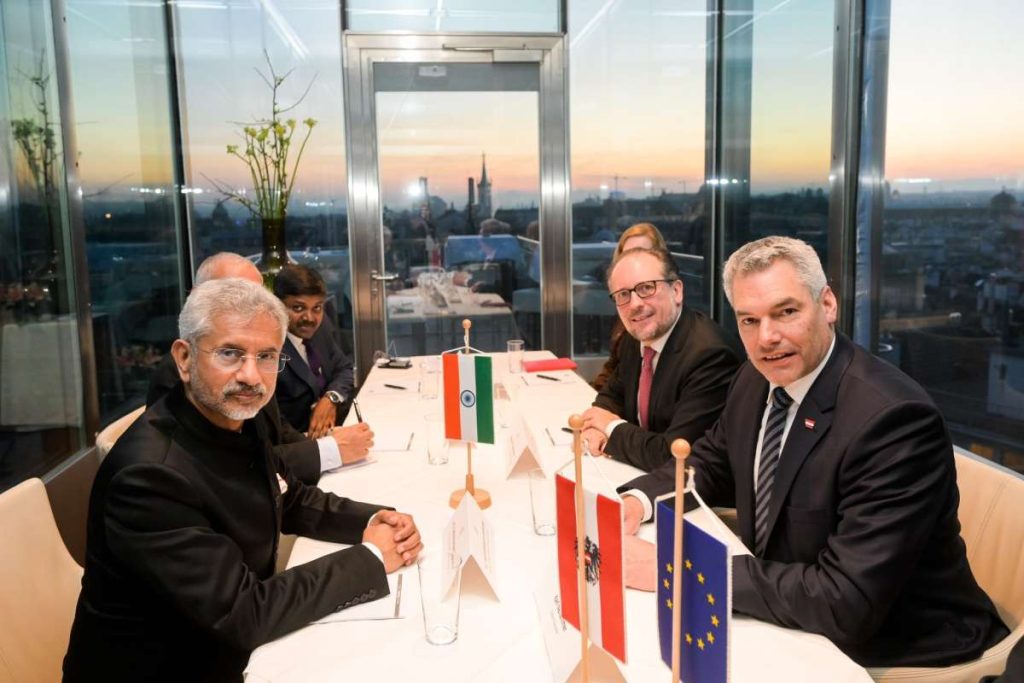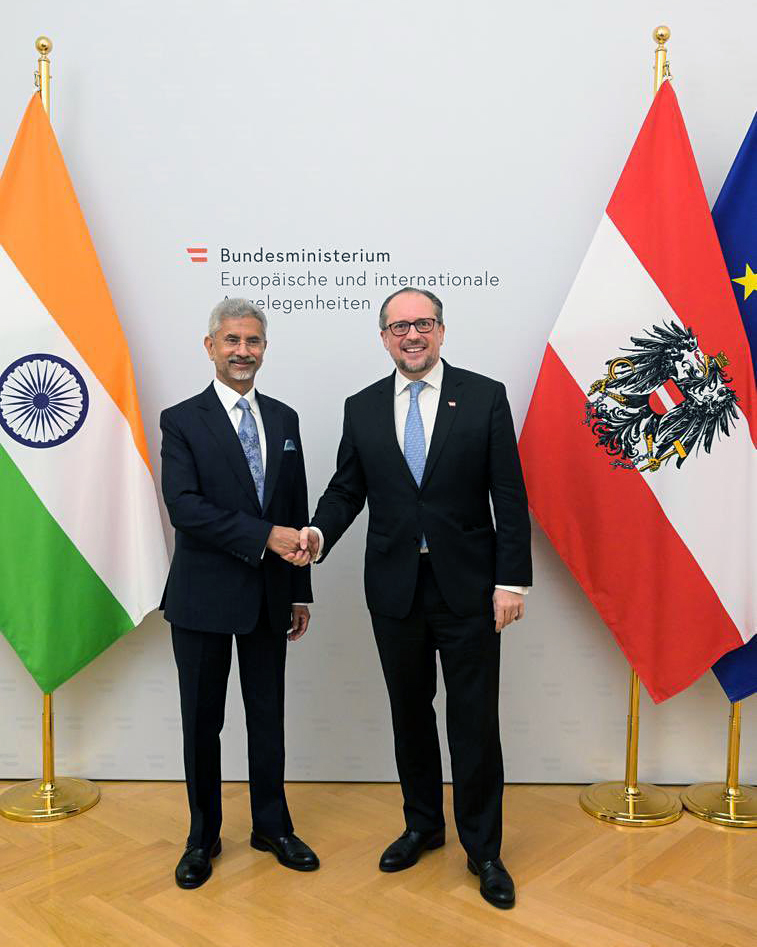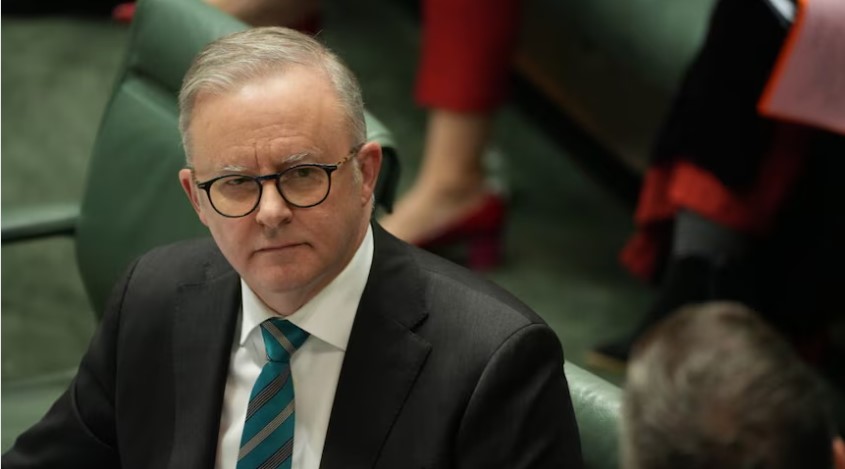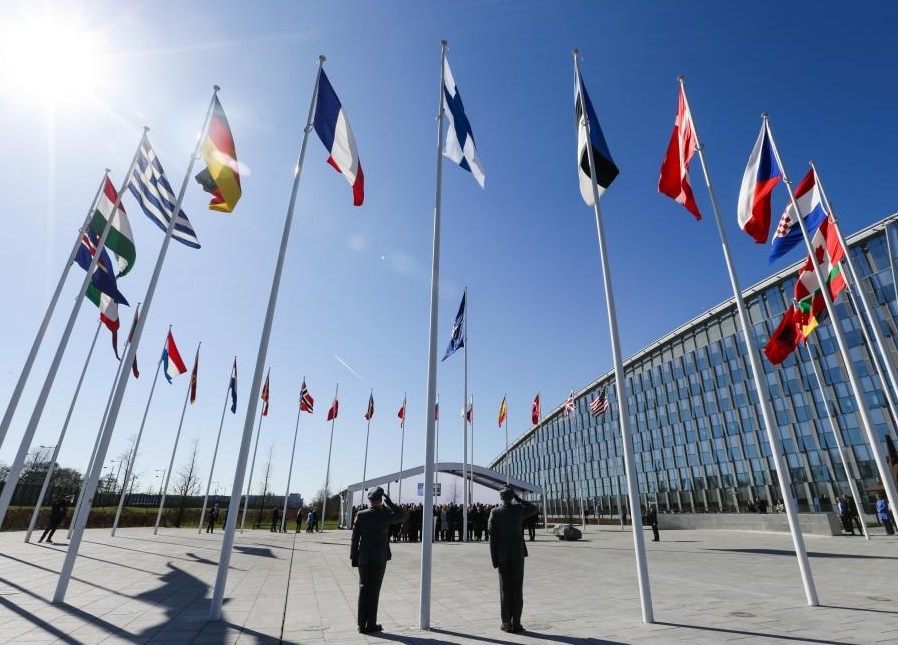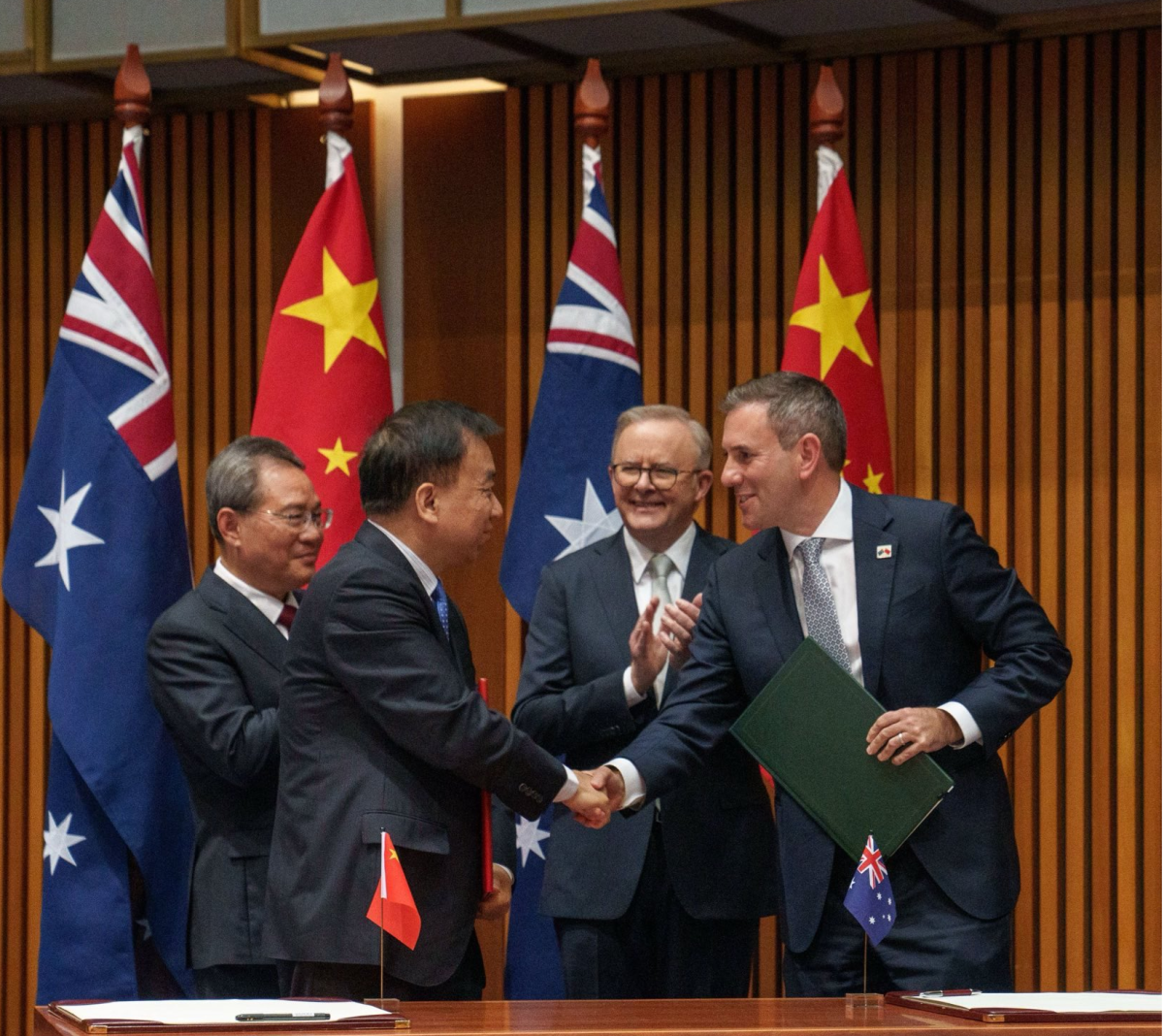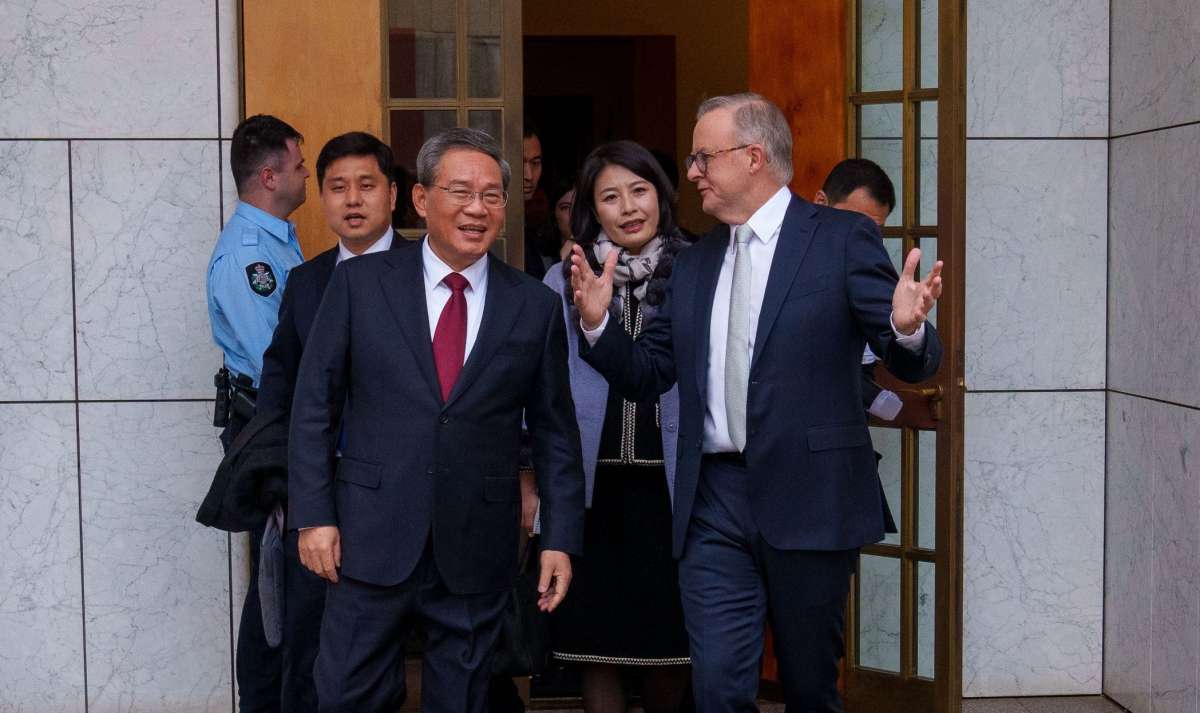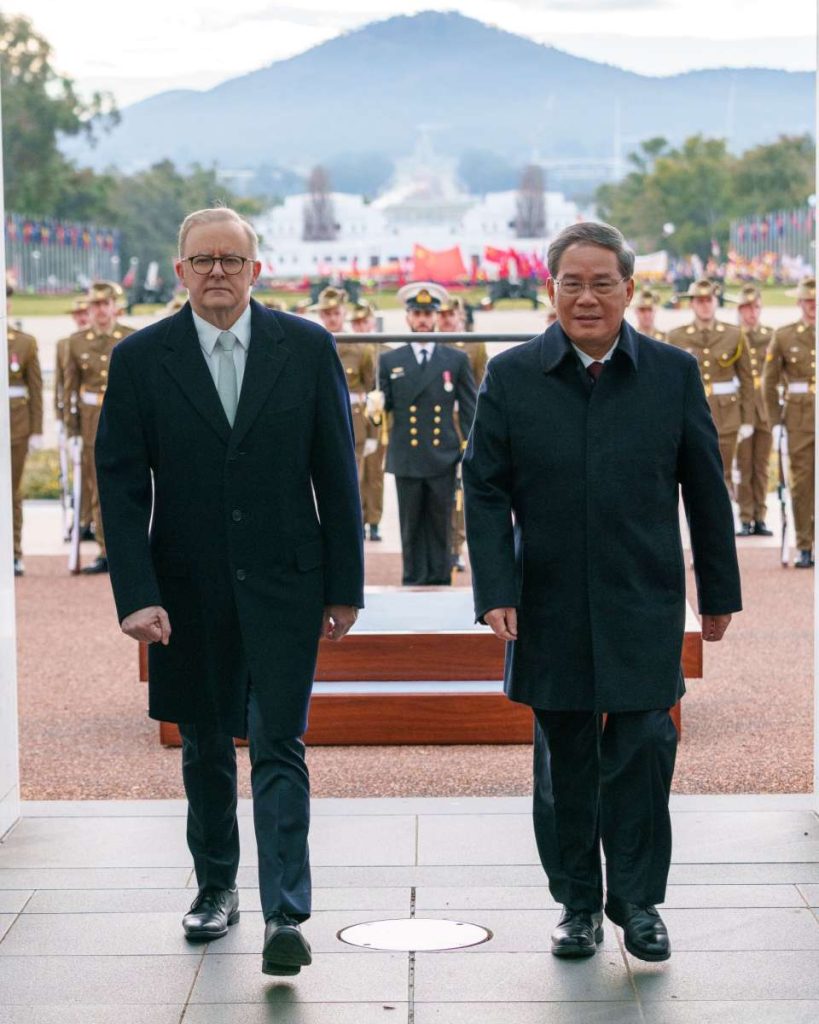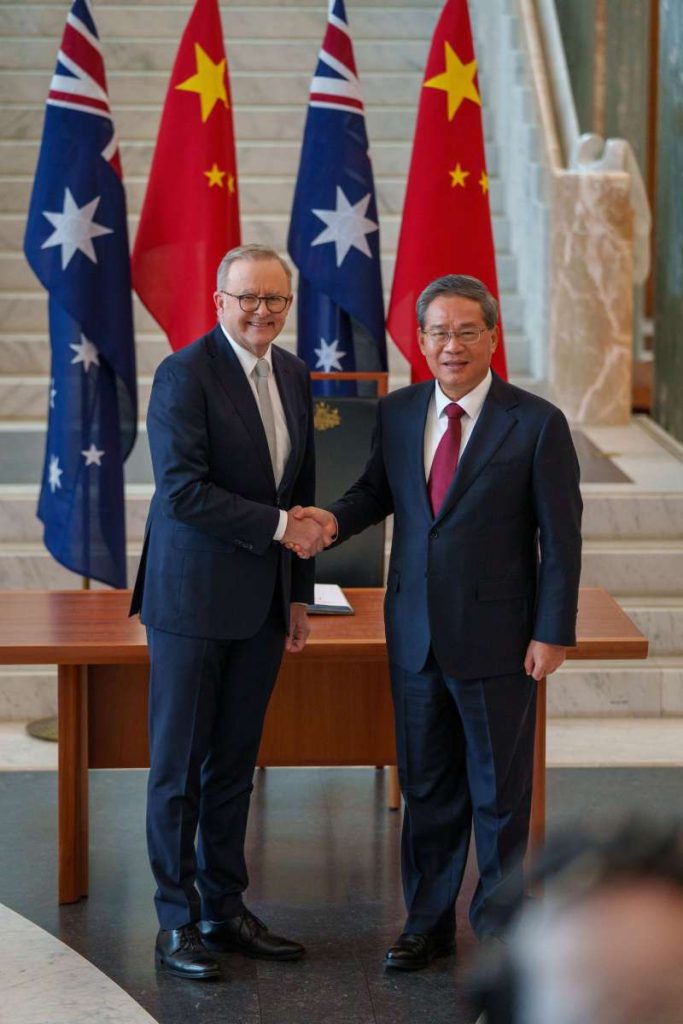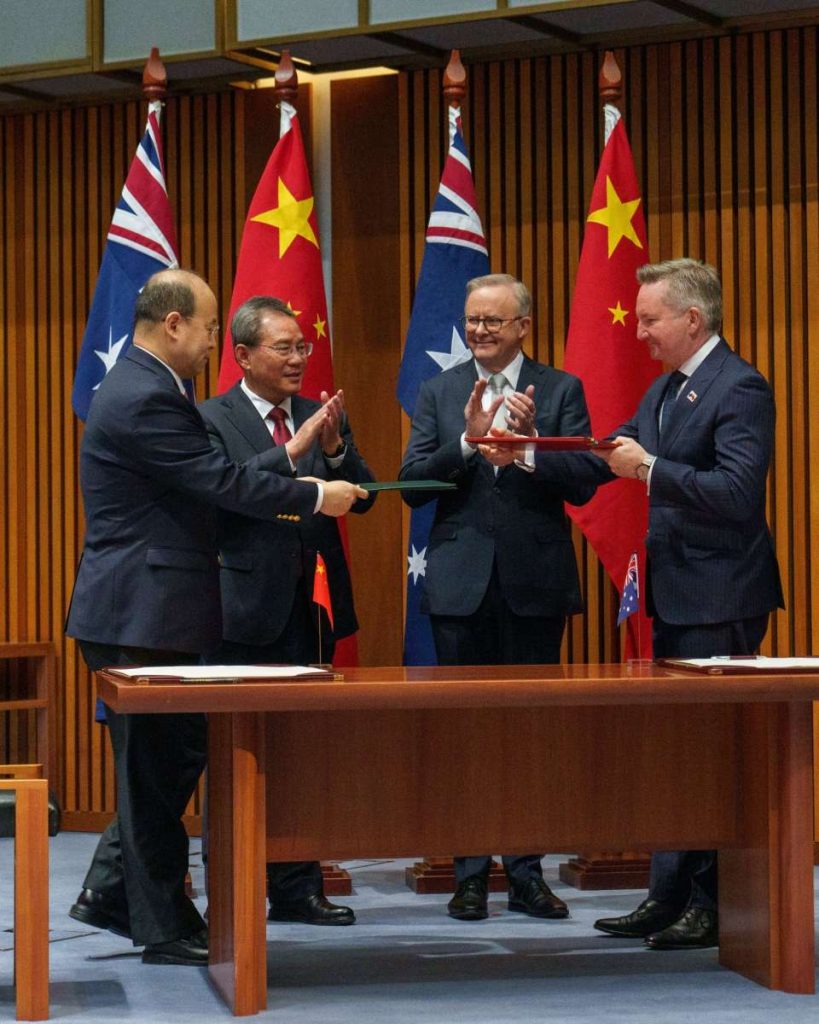Human rights organisations, international bodies, and governmental reports have extensively documented these abuses….reports Asian Lite News
A coalition of human rights organisations, advocacy groups, and prominent individuals has penned a joint letter to Prime Minister Anthony Albanese, urging the Australian Government to take decisive action against the ongoing persecution of Falun Gong practitioners in China.
The letter, signed by 25 influential signatories, marks the 25th anniversary of the Chinese Communist Party’s campaign against Falun Gong, which began on July 20, 1999.
Falun Gong, also known as Falun Dafa, is a spiritual practice rooted in Buddhist traditions, emphasising the principles of truthfulness, compassion, and forbearance.
Since the crackdown started, millions of practitioners in China have faced severe human rights abuses, including arbitrary arrests, torture, and extrajudicial killings. Disturbingly, evidence indicates that Falun Gong practitioners are being killed to supply organs for China’s state-sanctioned transplantation industry.
Human rights organisations, international bodies, and governmental reports have extensively documented these abuses.
In 2007, the US State Department highlighted that Falun Gong practitioners made up 66 percent of torture victims in Chinese government custody, as reported by UN Special Rapporteur on Torture Manfred Nowak. More recently, in 2021, 12 UN Special Rapporteurs raised credible evidence of forced organ harvesting with the Chinese Government
The 2019 China Tribunal, an independent tribunal investigating forced organ harvesting, concluded that the practice has been ongoing for years on a large scale, with Falun Gong practitioners as a primary source of organs.
In response to these atrocities, the United States sanctioned a Chinese Communist Party (CCP) official in 2021 for human rights violations against Falun Gong practitioners.
The European Parliament has also taken a stand, passing a resolution in 2024 that urges China to cease the persecution of Falun Gong, Uyghurs, and Tibetans. This follows the US House Resolution 343, passed in 2016, demanding an end to the persecution of Falun Gong and the release of all practitioners and other prisoners of conscience.
The joint letter calls on the Australian Government to pass a motion demanding an immediate end to the persecution of Falun Gong in China and the unconditional release of all detained practitioners and prisoners of conscience.
It also asks to implement Magnitsky-style sanctions against those involved in the persecution and address the issue at the UN Human Rights Council and General Assembly.
The signatories argue that Australia, as a signatory to international human rights treaties, has a moral and legal obligation to act. They urged Prime Minister Albanese to detail the measures the Australian Government will take to address these egregious human rights violations.
The letter is signed by a diverse coalition of advocates, including Lucy Zhao of the Falun Dafa Association of Australia, Michelle Pearse of the Australian Christian Lobby, Rev Bob Fu of China Aid Association, and Dolkun Isa of the World Uyghur Congress, among others. (ANI)
ALSO READ: US Senator lauds India’s innovation, strategic potential



